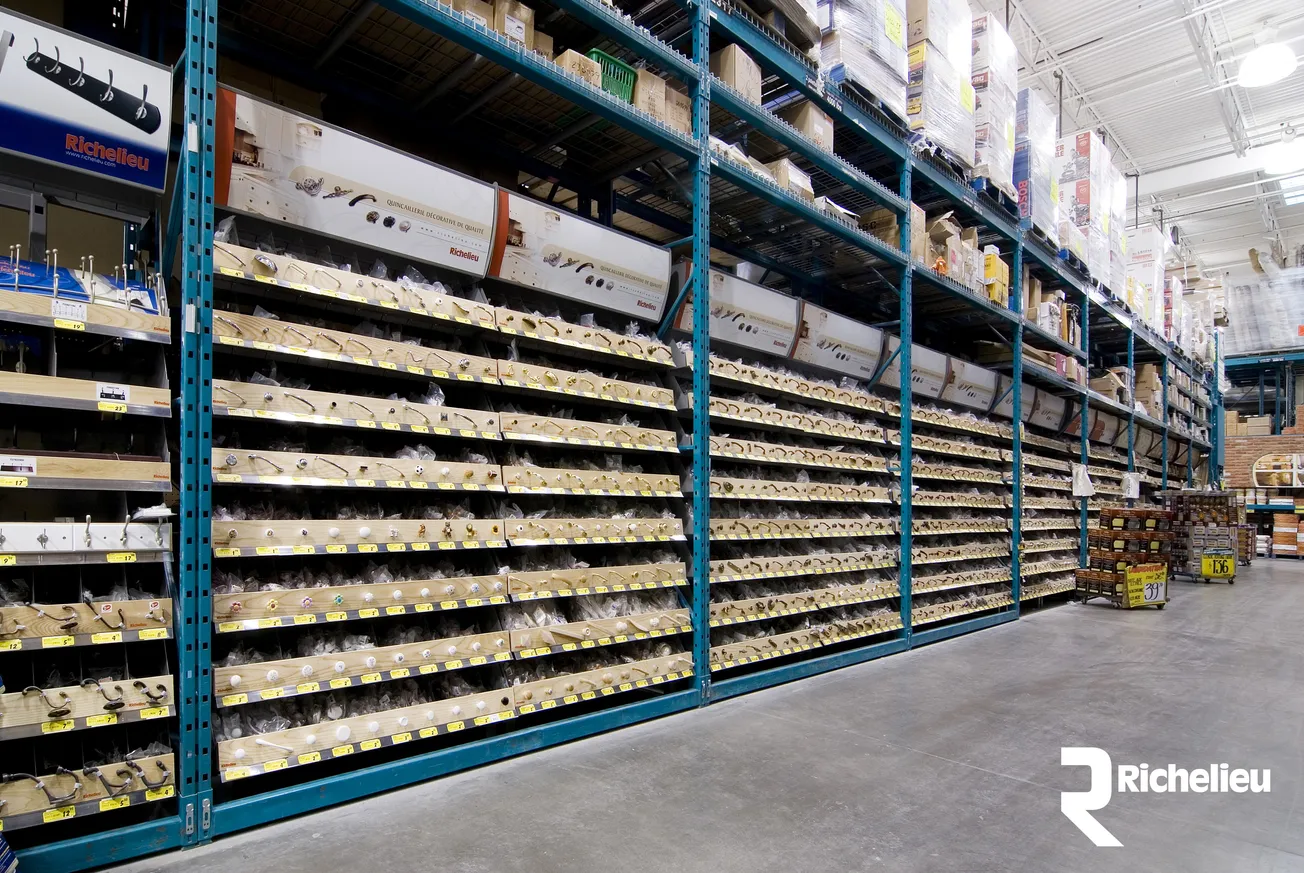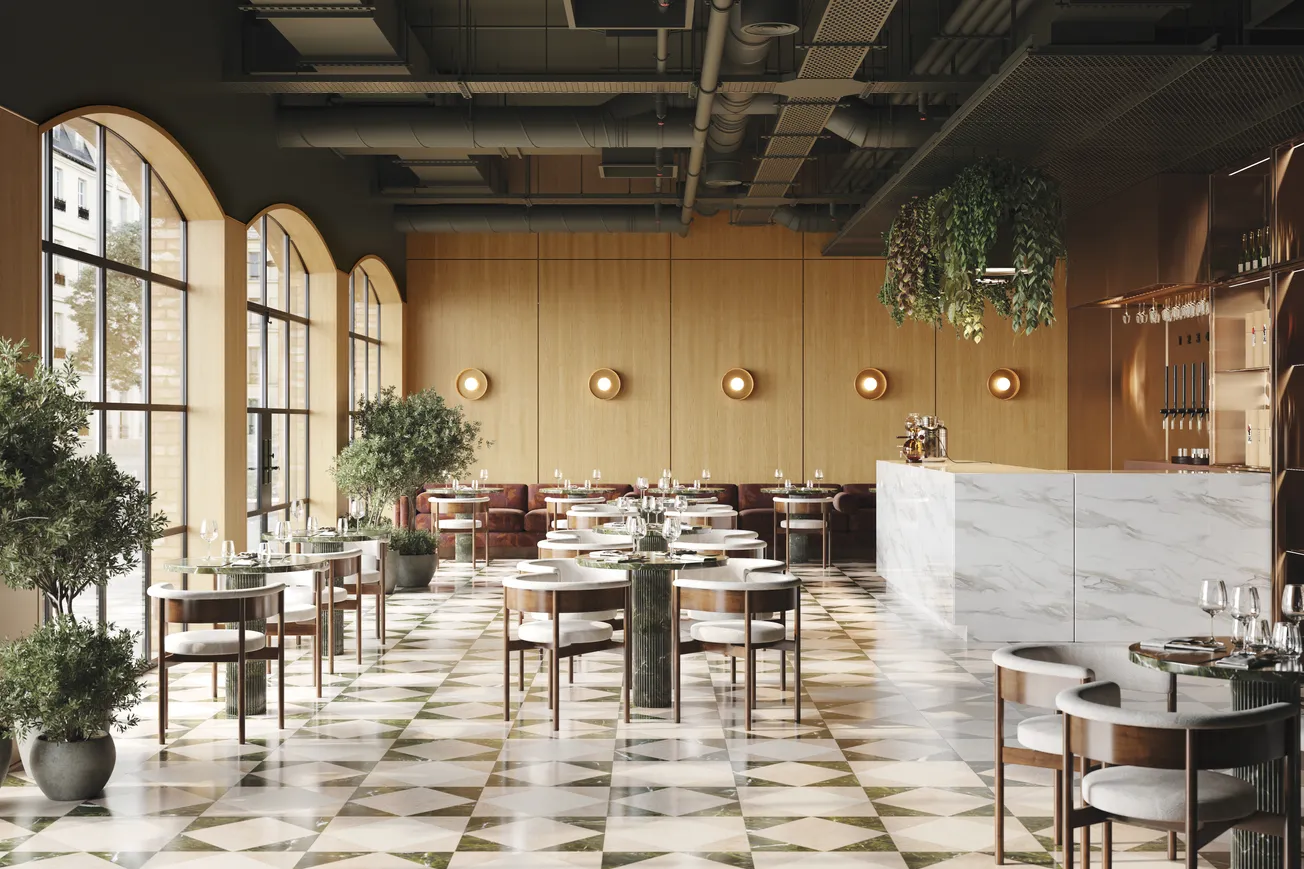Table of Contents

Conifera by COS x Mamou-Mani. Image © Laurian Ghinitoiu
Written by Dima Stouhi, ArchDaily
Over the past few days, exceptional products have been exhibited at the Salone del Mobile, ranging from furniture pieces and light fixtures, to textiles and finishes. As part of Milan Design Week, the Salone saw impressive collaborations with architects and the use of never-seen-before materials, all displayed at the Milan Fairgrounds, while some projects — too grand and imposing for a constraint exhibition — took place at the second part of the event, the Fuorisalone.

Design studio Space Encounters built a temporary museum as a retreat from the pace of the Salone di Mobile. The interactive installation hosts different creative disciplines such as music, photography, VR, and architecture, promoting a unique, secluded experience.


Echo

Chilean architecture studio Pezo von Ellrichshausen created a reflective pavilion in Milan's Palazzo Litta that 'echoes its 1761-built historical surroundings'. The inverted pyramid-shaped pavilion serves as an optical illusion for the visitors, who upon reaching the plaza, are obscured by their own reflection, regardless of which direction they choose to look at.


Conifera
COS x Mamou-Mani

Conifera is a glimpse of what the future looks like according to French architect Arthur Mamou-Maniand Karin Gustafsson, creative director of COS. The 3D-printed architectural installation combines modern technology and renewable material, consisting of seven hundred interlocking bio-bricks that form a geometric pathway of wood and bio-plastic composite lattices, paving the way from the central courtyard of Palazzo Isimbardi to its garden.


The Circular Garden

CRA-Carlo Ratti Associati, in partnership with Eni, has developed quite an unconventional structure made out of mushrooms. The installation's structure was grown from soil over the duration of six weeks, and will be returned to the soil at the end of the month. The series of arches, which add up to 1-kilometer-long mycelium, experiments with completely sustainable structures that can be restored back to nature.


La Foresta Dei Violini

The Italian architecture studio's latest installation pays tribute to the lost forest of Paneveggio (also known as Stradivari), its territory, and the value of preserving music and nature. The significance of this forest lies in the fact that the trees grown there were used to make the most elegant and precious violins. Two large broken tree trunks emerge from the loggia of University of Milan's main courtyard, while the roots are suspended in the air, overlooking a balustrade on the courtyard.









